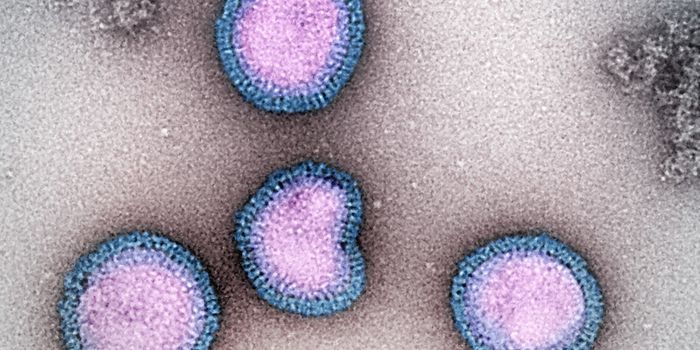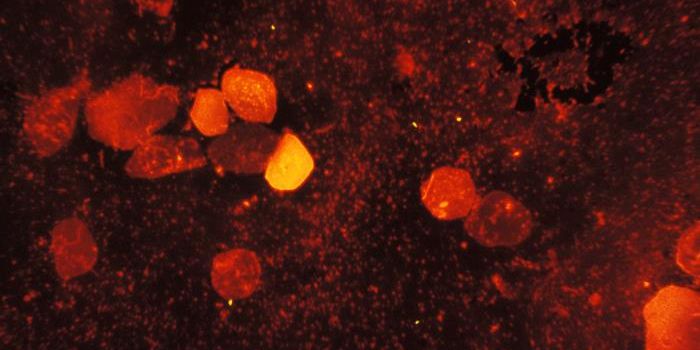Gut Feeling: Spotting the Early Signs of Gastric Cancer
In a study published in Science Advances, scientists propose a new method for diagnosing gastric cancer, the third leading cause of death worldwide.
A gastric cancer diagnosis is usually linked to a poor clinical outcome. The reason? It’s notoriously difficult to diagnose this type of cancer in the early stages and by the time it is detected, the cancer may have already spread extensively. A diagnostic peritoneal lavage (a surgical diagnostic procedure to sample fluids in the abdominal cavity) is usually done in the case of suspected gastric cancer. The problem is that these fluid samples have very few if any, metastatic cancer cells during the early stages. Because of this, standard detection methods fall short.
The study led by Yuzhao Zhang from the Shenyang Institute of Automation in China describes a biomedical engineering breakthrough: a microfluidic chip that rapidly separates and characterizes floating gastric cancer cells. “Microfluidics technologies are used to precisely control, manipulate, and analyze fluids through deliberately designed microchannels,” the authors explain in the publication.
Gastric cancer develops when cells lining the stomach become malignant. Age, diet, smoking, and some infections can increase the risk of gastric cancer, with early symptoms including nausea, heartburn, and bloating.
Gastric cancer cells differ from normal peritoneal lavage cells in terms of their sizes and electrical characteristics. The microfluidic chip solved the problem of the low sensitivity in standard tests, by separating cancer cells from the normal abdominal fluid with a purity of up to 71 percent. Besides being sensitive, the new device was also rapid, separating cells in around 5 minutes.
This is the first time that scientists have been able to capture living gastric cancer cells from peritoneal lavages. “In the future, separated live cancer cells could be further cultured and used to study the mechanism of peritoneal metastasis,” the authors write.
Source: Science Advances.









